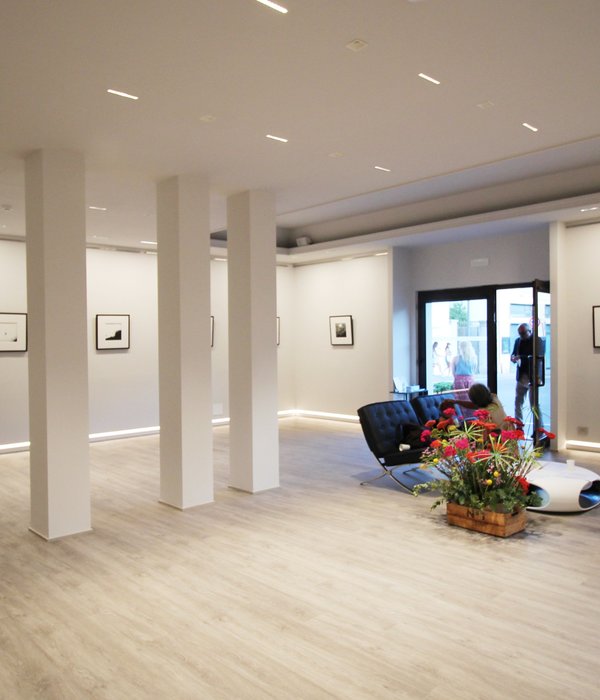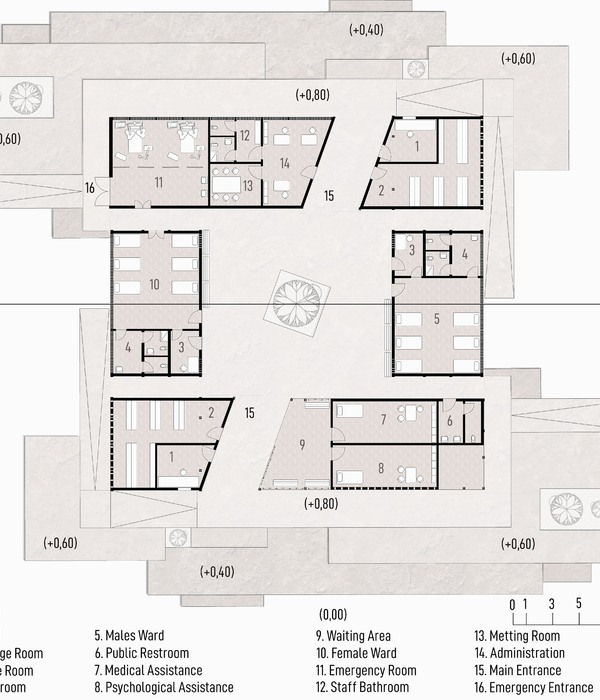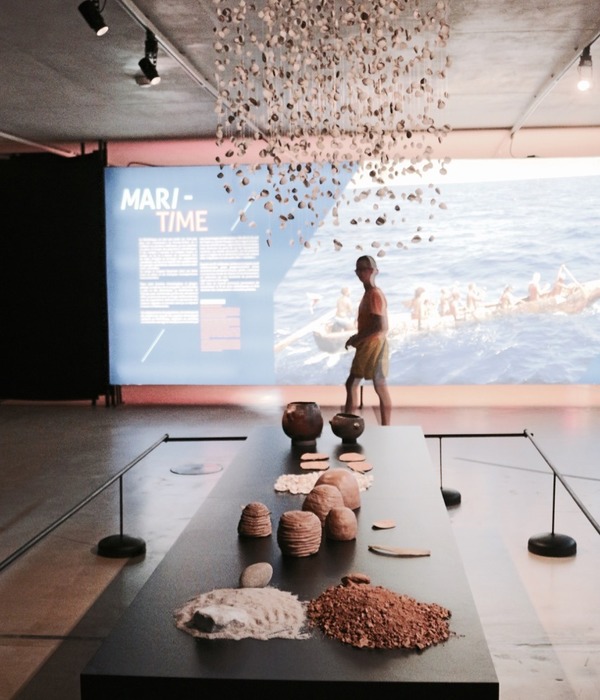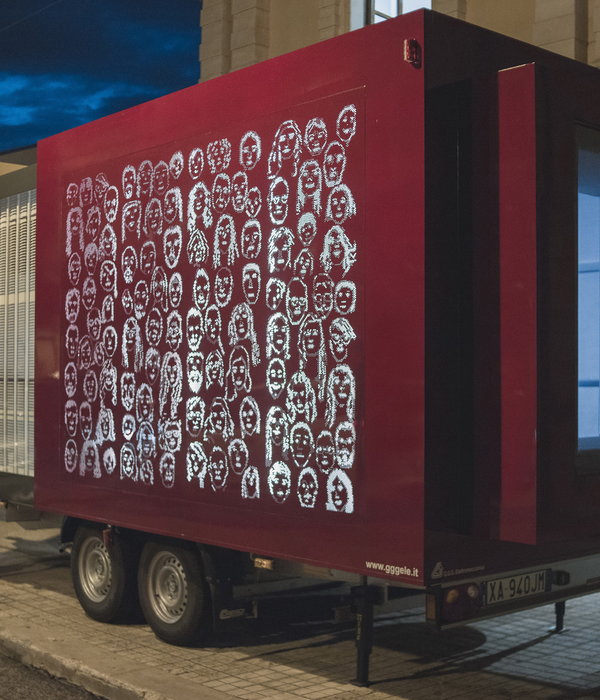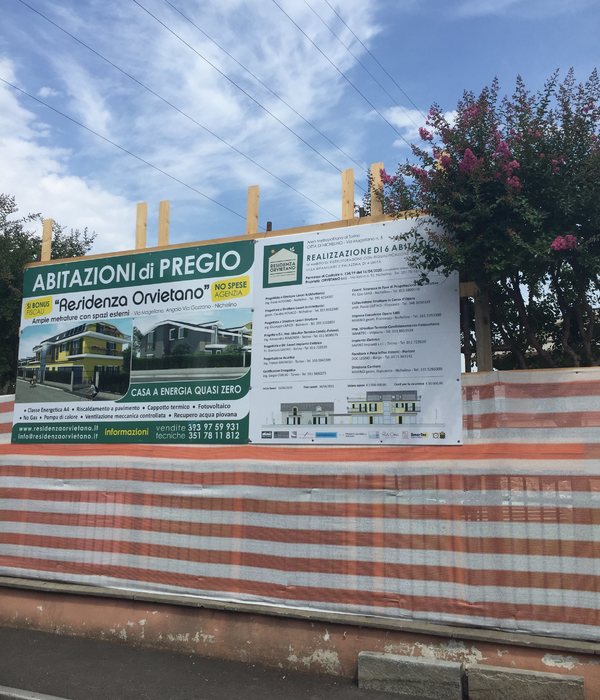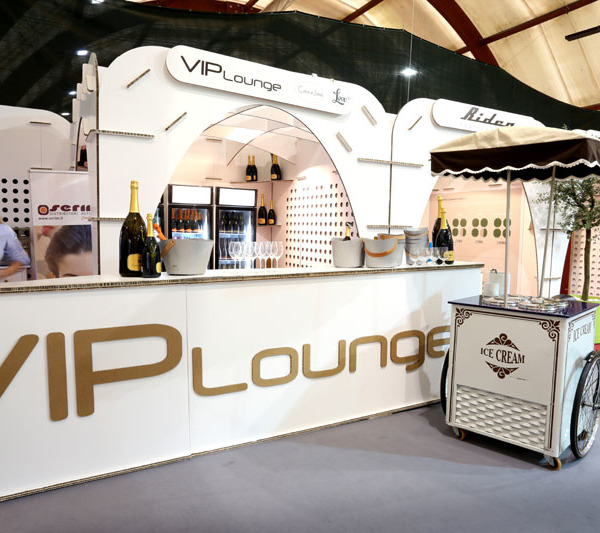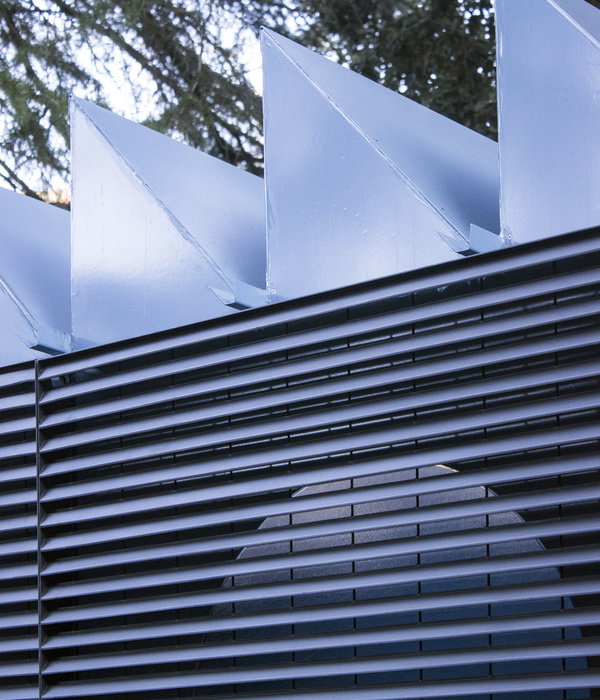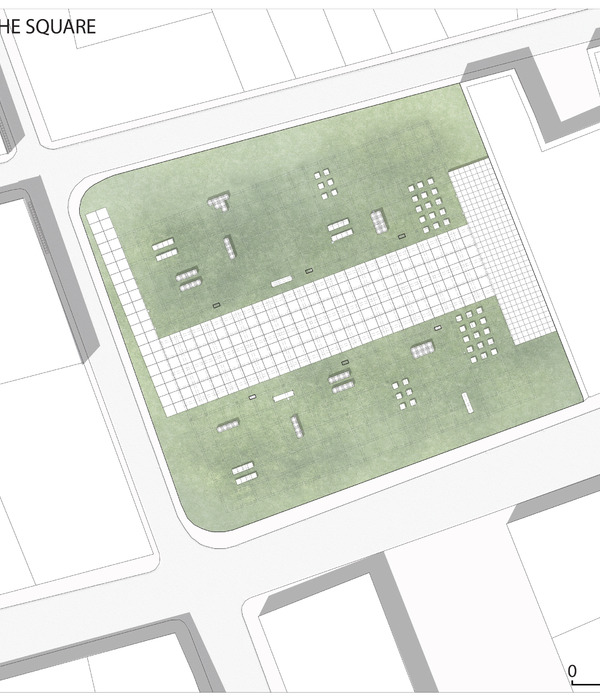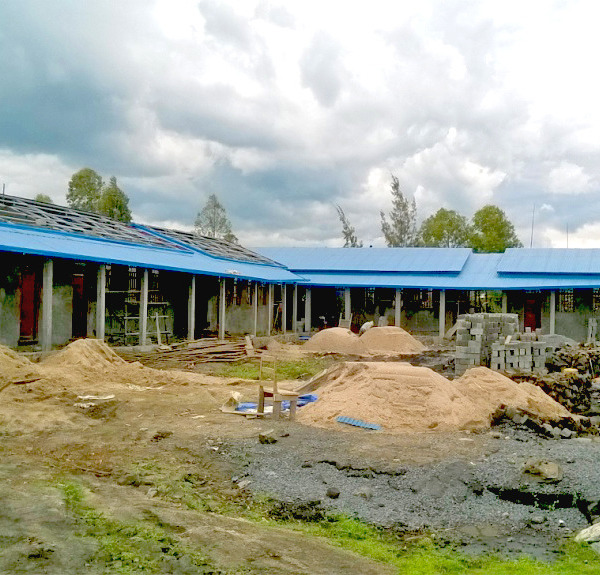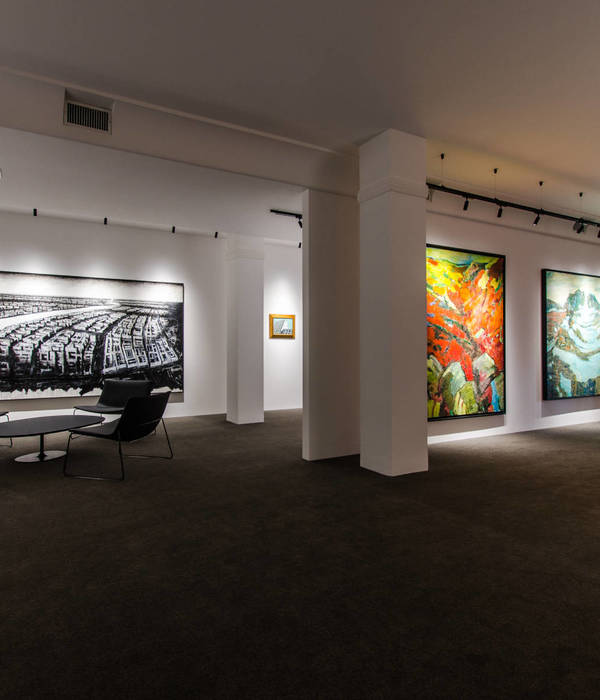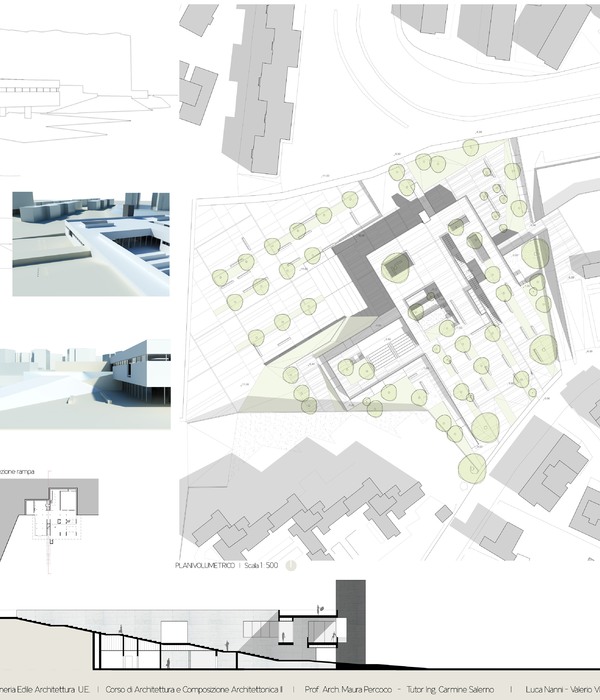When the old Speelhuis Theatre from structuralist architect Piet Blom (1977) burned down, the theatre found refuge in a mostly vacant Catholic church. In this period the church turned out to be a perfect backdrop for a whole range of activities and performances. It was then decided that the theatre should stay in the church permanently with some necessary extensions and improvements.
Now, a transparent and modestly sized pavilion embraces the existing Catholic church, enhancing the ensemble of church and presbytery. The transparent, horizontal character of the new low building allows for the visibility of the historic buildings and the church while serving as a backdrop for the theatre. The exterior of the church will become the interior of the new building, strengthening the cohesion and ambiance of the space. It is a creative interplay between exterior and interior, openness, transparency, and a distinct architectural form.
Programmatically, there is a clear separation between front- and backstage. The paths of the public, goods, artists, and employees do not cross, however, a visual relationship is maintained. The lobby and other public functions are accommodated next to the Kasteeltraverse with the presbytery standing out prominently. Careful integration within the urban environment strengthens the connections to the surrounding buildings and the city center as well as enhancing the public route around the building. The main entrance of the theatre will front a new cultural square, giving the building a fitting position within the city.
{{item.text_origin}}


